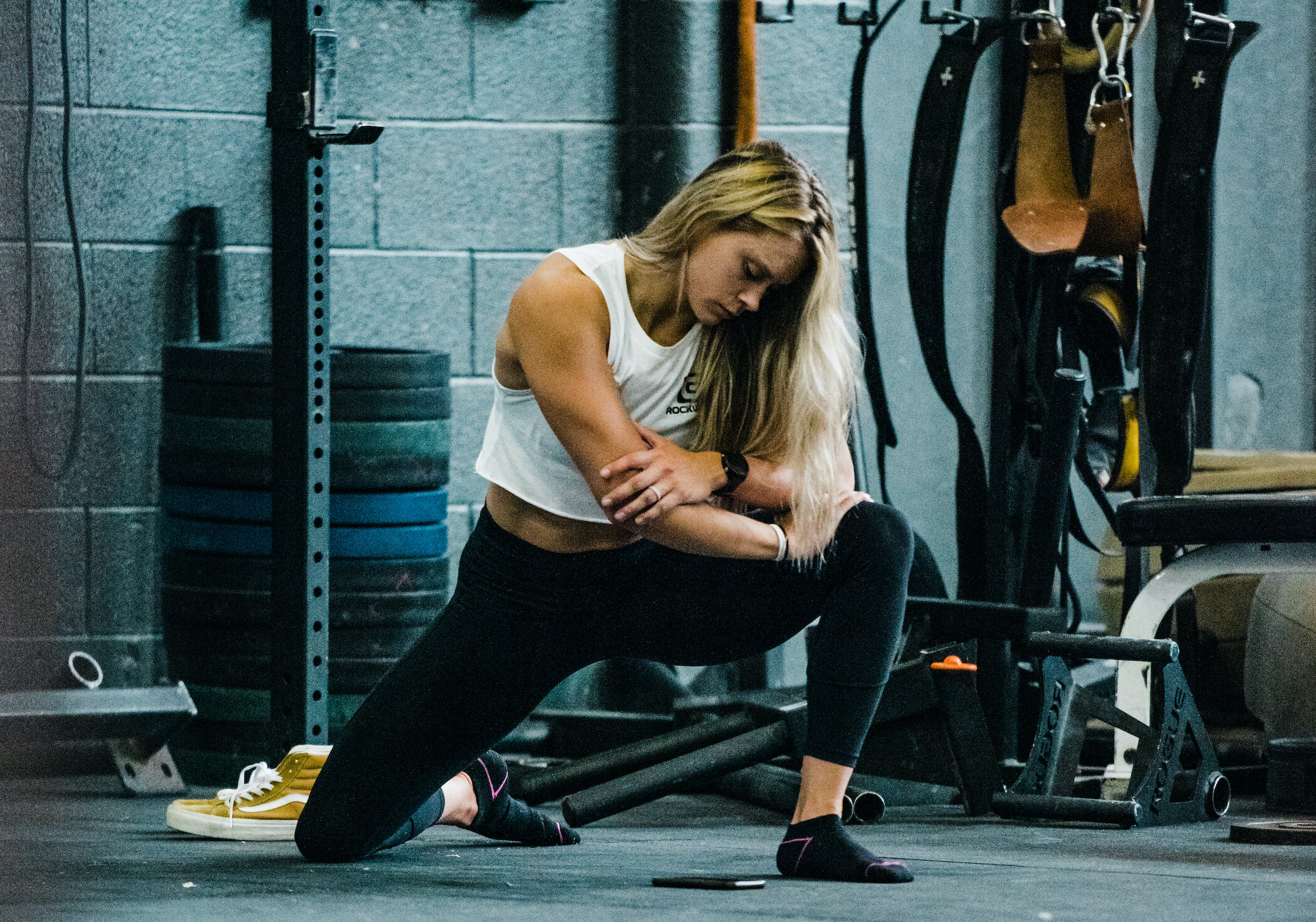7 Ways to Reduce Muscle Soreness
It's no secret that we need to exercise in order to feel good and stay healthy. Exercise has a long list of proven benefits: elevated mood, improved self-image, reduced risk of disease, improved memory and brain function, and reduced feelings of anxiety and depression. Who wouldn't want all of those things in today's world?
But with all of its benefits, exercise isn't all bananas and rainbows. Workouts can be hard, and the day after a difficult workout can leave you feeling sore. If you're too sore, you may not want to show up the next day, which can destroy your consistency- and consistency is the key to results. Today I'm going to provide you with 7 ways to minimize muscle soreness so you can be consistent and stay on track.
Before we get into the specifics, it's important to talk about why we experience muscle soreness in the first place. When we workout or lift weights, we create little micro tears in our muscles. This causes some pain and inflammation about 12-24 hours after training, which can last up to 72 hours. This inflammation is what repairs the muscle, which upon completion of the healing cycle, will grow back stronger.
Some tightness, pain, and inflammation are good. They are an important signal for muscle growth. But more definitely isn't better. If the post workout soreness causes you to limp around all day or miss workouts, it's counter productive.
Now that you understand why we get muscle soreness, let's talk about 7 ways you can minimize it.
EASE INTO TRAINING First, and most important is to ease into your training. Remember, we are just looking to create enough stimulus with exercise that the body will experience micro-tears and fatigue, which it can repair and become better or stronger. Pushing yourself irresponsibly will cause excessive damage, fatigue, and soreness which will delay your recovery. It will also make you not want to come back.
PERFORM A LIGHT COOL DOWN: The worst thing you can do after an intense workout is to walk out of the gym and sit in your car or at your desk for hours. The waste products that you have created during exercise haven't had a chance to flush from the body which will delay the recovery process and increase your soreness. After your workout, get on the bike or walk for 5-10 minutes at a recovery pace. This will increase the blood flow and jump start your recovery process.
STAY ACTIVE: Feeling sore and tight the day after a workout? Although you may want to sit on the couch and relax all day, you're just prolonging the soreness. Activity increases circulation, improving blood flow and moving the waste products and inflammation that cause soreness. This improved blood flow carries oxygen and nutrients to repair the micro tears in the muscle tissue. Staying active increases blood flow and will reduce the duration of your soreness, allowing you to get back into the gym and staying consistent.
HYDRATE: Staying hydrated is essential for many important processes to take place in the body. It regulates our body temperature, eases inflammation and helps to flush waste products. When we exercise we create waste products. Staying properly hydrated will allow the body to flush these waste products, which will increase nutrient delivery to your muscles and speed up the recovery process. Just how much water should you drink? You should drink approximately half your body weight in oz. For example a 150 pound person should drink 75oz. per day
POST WORKOUT SNACK: A hard workout can leave our bodies depleted of energy and fuel. The sooner we can refuel with a post workout snack, the sooner we can start the recovery process. For best results, we recommend eating within 30 min after your workout, specifically with carbs and protein to repair the micro damage that we discussed earlier. We recommend eating 20 grams of protein and 40 grams of carbohydrates within 30 minutes of finishing your workout and following that up with a well balanced meal 60 to 90 minutes after your snack.
SLEEP: The body does the majority of it's repairing while you sleep. Skimp on this vital process and you are shorting your recovery, which can increase muscle soreness. We recommend eight hours of sleep per night. We've heard the argument a hundred times: I function fine on five hours of sleep. That may be so, but you would function better on eight.
AVOID IBUPROFEN: After a hard workout, you may be tempted to take some ibuprofen. It certainly will reduce your muscle soreness but studies show that they interfere with the inflammation process needed to cause the muscle to grow back bigger and stronger.
Remember, there is no way to completely avoid muscle soreness. It's an important part of the process. However, by following these 7 tips, we can keep the soreness to a minimum, which will certainly make exercise more enjoyable and keep you on track towards hitting your fitness goals.
If you have any questions or need help in the pursuit of your fitness goals, email us!


